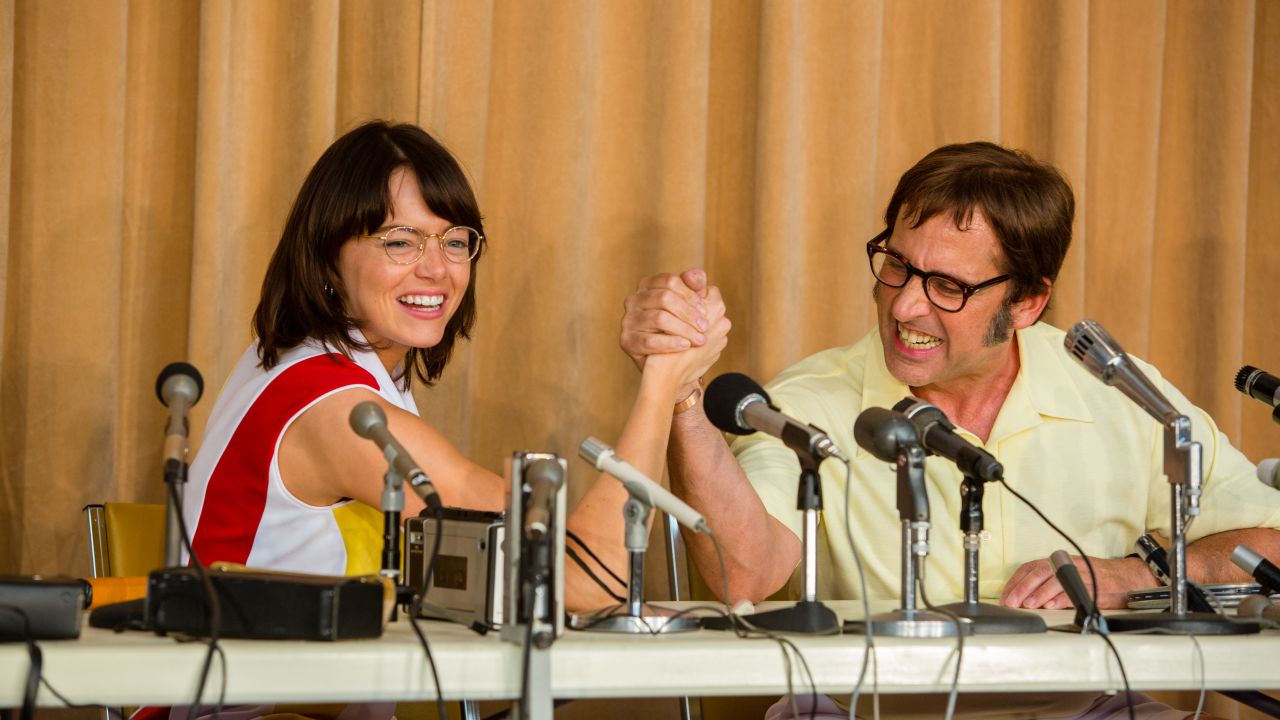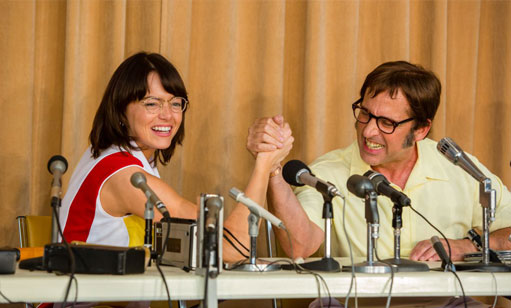Film Review: Battle Of The Sexes
Sporting Flashback Has A Lot To Say About Gender, Sexuality


Latest Article|September 3, 2020|Free
::Making Grown Men Cry Since 1992

